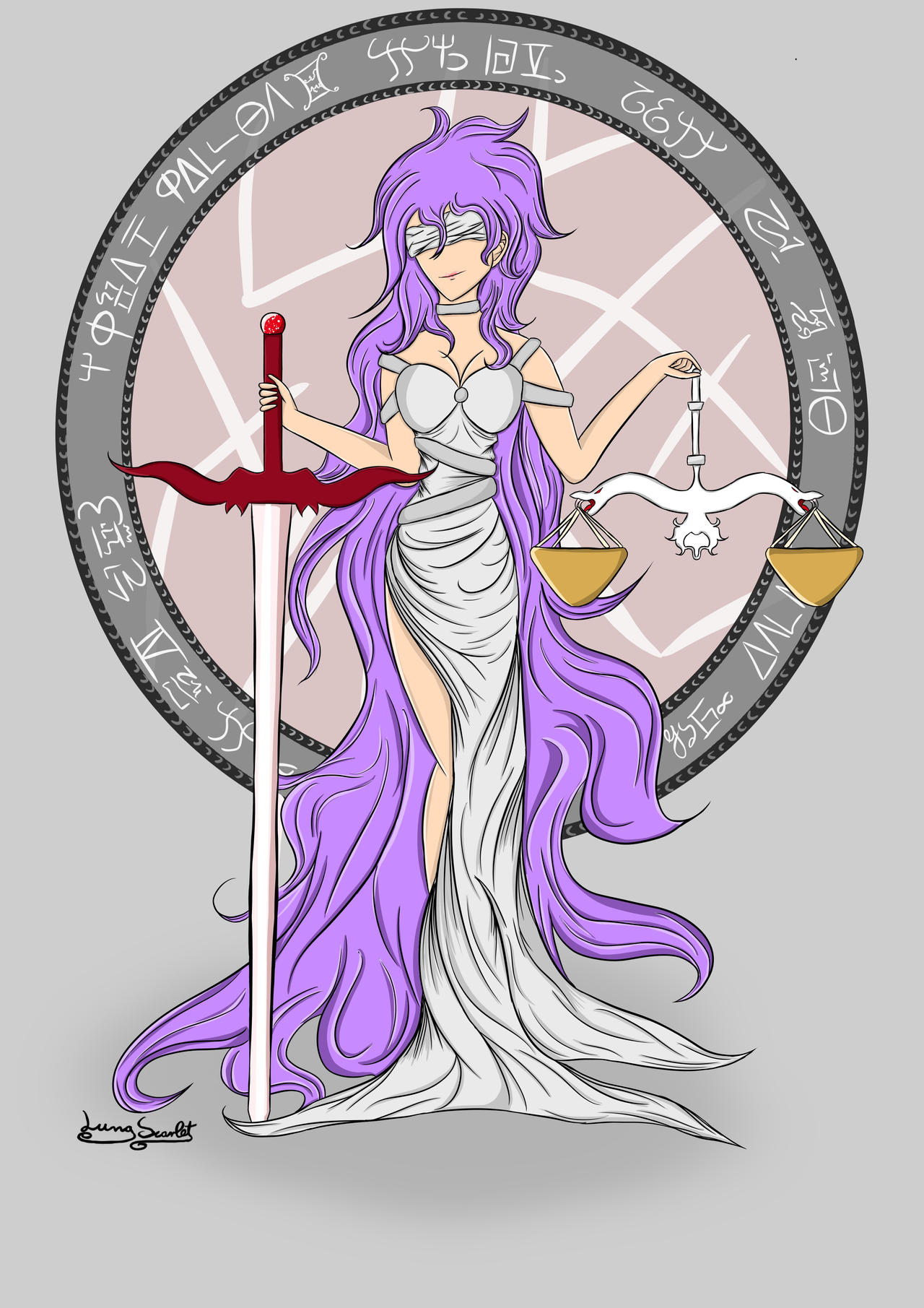Termination of Contracts
by
Charles Lamson
Discharge by Operation of Law
Under certain circumstances the law will cause a discharge of the contract, or at least the law will bar all right of action. The most common conditions under which the law operates to discharge contracts include:
- Discharged in bankruptcy
- Running of the statute of limitations
- Alteration of written contract
- Impossibility of performance
 |
Bankruptcy. Individuals and business firms overwhelmed with financial obligations may petition the court for a decree of voluntary bankruptcy. Creditors may, under certain circumstances, force one into involuntary bankruptcy. In either event, after a discharge in bankruptcy, creditors' rights of action to enforce most of the contracts of the debtor are barred.
Statute of Limitations. A person's right to sue must be exercised within the time fixed by a statute called the statute of limitations. This time varies from state to state, for different types of suits and for different types of debts. For open accounts, accounts receivable, and ordinary loans, the time varies from 2 to 8 years, while for notes it varies from 4 to 20 years.
After a person has brought suit and obtained judgment, the judgment must be enforced by having the property of the debtor levied upon and sold. If this is not done, in some states a statute of limitations operates even against judgments. In those states where a statute applies to judgments, the time varies from 5 to 21 years from date of judgment. If a payment is made on a judgment, the payment constitutes an acknowledgement of the debt and the statute starts to run again from the date of payment.
The time is calculated from the date the obligation is due. In the case of running accounts such as purchases from department stores, the time starts from the date of the last purchase. If a part payment is made, the statute begins to run again from the date of such payment. If the promisor leaves the state, the statute ceases to run while the promisor is beyond the jurisdiction of the court.
A debt that has been outlawed by a statute of limitations may be reviewed. Some states do this by a written acknowledgement of or a promise to pay the debt, others by part payment after the debt has been outlawed, and still others by the mere payment of the interest. After the debt is received, the period of the statute of limitations begins to run again from the time of the revival.
Alteration of Written Contract. If one of the parties intentionally and without the consent of the other party alters the written contract, the other innocent party is discharged. However, the altering party can be held to either the original contract terms or the terms as altered. In most cases alteration must also be material or important. If a contractor who has undertaken to build a house by January 15th realizes that because of winter conditions it cannot be finished by that date, erases and changes the date to March 15th, there is a material alteration that will discharge the other party to the contract.
Impossibility of Performance. If the act called for in a contract is impossible to perform at the time the contract is made, no contract ever comes into existence. Frequently, impossibility of performance arises after a valid contract is formed. This type of impossibility discharges the contract under certain circumstances. The fact that performance has merely become more difficult does not discharge the contract. However, if, in a practical sense, the contract is impossible to perform, it is discharged.
The most common causes of discharge by impossibility of performance occurring after the contract is made include:
Destruction of the Subject Matter. If the contract involves specific subject matter, the destruction of this specific subject matter without the fault of the parties discharges the contract because of impossibility of performance. This rule applies only when the performance of the contract depends on the continued existence of a specified person, animal, or thing. The contract is not discharged if an event occurs that it is reasonable to anticipate any payment made in advance must be returned when performance of the contract is excused.
New Laws Making the Contract Illegal. If an act is legal at the time of the contract but is subsequently made illegal, the contract is discharged. However, if one of the parties takes deliberate action to render the contract illegal, that party will be liable in damages.

Death or Physical Incapacity. If the contract calls for personal services, death or physical incapacity of the person to perform such services discharges the contract. The personal services must be such that they cannot readily be performed by another or by the personal representative of the promisor.
Death or incapacity discharges such acts as painting a portrait, representing a client in a legal proceeding, and other services of a highly personal nature. In general, if the performance is too personal to be delegated, the death or disability of the party bound to perform will discharge the contract.

Act of Other Party. When performance of a contract by a party is made impossible by the wrongful act of the other party, the performance is excused. The party who cannot perform has not breached the contract by the failure to perform.
*SOURCE: LAW FOR BUSINESS, 15TH ED., 2005,JANET E. ASHCROFT, J.D., PGS. 136-138*
end
|

No comments:
Post a Comment